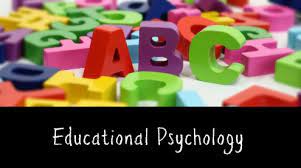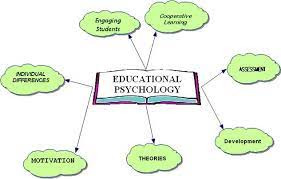America’s Children: Hope for the Future
by Robbie Robertson
Clearly it’s time to discuss what we might call “a new human development agenda.” And what better place to begin than the elementary school we all attended – found in every neighborhood in America. So here’s what we can think about right here in NOLA.
A Xavier Nun Innovates
Forty years ago, a Xavier University education professor, Grace H. Pilon, SBS codified a “new way to have school.” Her new way focused on emotional and intellectual wellbeing, wisdom, wonder, and the development of a desire to contribute to society. But she considered growth in emotional intelligence key to its success. Because without emotional intelligence (mental health) the person is never able to become fully operational or entirely in the moment.
Grace Pilon’s devoted her life to this work. She created a classroom management system design labeled Workshop Way™. Any teacher can learn her system. It is a how-to for the emergence of emotionally healthy, creative, psychologically balanced (or self-actualizing) children. The system provides the teacher with a set of management practices. Both the social environment of the classroom and the teacher’s role demonstrate an emotionally intelligent, creative, psychologically balanced value system. The children are immersed in this environment for the entire 10,000 hours of elementary school.
This immersion system introduces our higher selves. Then we see the fully authentic version of each of us that lies beneath the surface of our lives. In fact our authentic selves are simply waiting for permission to emerge. Pilon’s classroom management system grants that permission and in the process grows the student’s values and worldview.
When thinking about how the 21st-century school and classroom should seek to enable our children, it’s important to consider two informative issues:
- In a 2010 IBM global survey of 1500 CEOs from 60 countries and 33 industries, respondents reported “creativity” the ability to successfully navigate an increasingly complex world, as the number one leadership requirement of the 21st-century, and;
- a presentation by Harvard psychologist, Daniel Goleman, Ph.D., at an annual meeting of the Association for Supervision and Curriculum Development, (ASCD), America’s oldest K-12 education organization, introduced research that showed emotional intelligence accounts for almost 80% of a person’s success in life – while IQ is responsible for less than 20%. He further explained that teachers should pay attention to this because “a different part of the brain is involved.”

Equally important, social research shows emotional intelligence and psychological health to be essentially interchangeable terms. It also illuminates the connection between the characteristics of psychological health and our in-born impulse to creativity. The eminent American psychologist and “philosopher of science,” A. H. Maslow labeled the psychologically healthy person as “self-actualizing.” He showed self-actualizing people essentially share all of the characteristics of creative person. He used the list Paul Torrance, the twentieth century’s most prominent researcher of creative people.
Grace Pilon’s classroom management system, it turns out, was decades ahead of her time. She focused on the importance of emotional intelligence, for instance, a decade before the publication of Daniel Goleman’s New York Times, best-seller, Emotional Intelligence. But there’s more. After hearing a presentation by her at Bowling Green State University, the superintendent of the St. Paul Minnesota school system invited Pilon to conduct a research study on her classroom management system design.
Related: Education and Crime Linked
A 10-year, blind, follow-up study followed 759 children for the entirety of their K-12 experience. Tulane Political Scientist and Statistician, Dr. Douglas Rose analyzed and explained the outcome. He concluded that if the system were installed in the bottom 25% of the American school system, i.e., the big inner city schools, “within a decade these children could become the nation’s elite students, dominating the 88th to 99th percentile of all national testing.”
Whereas a critical mass of emotionally intelligent (creative, self actualizing) persons is a democratic society’s most valuable goal, developing an emotionally healthy perspective in America’s elementary school children should become a top priority – especially considering that to do so will produce the outstanding academic results we have long sought – right here at home?


[…] Related: Changing our Approach to Education […]